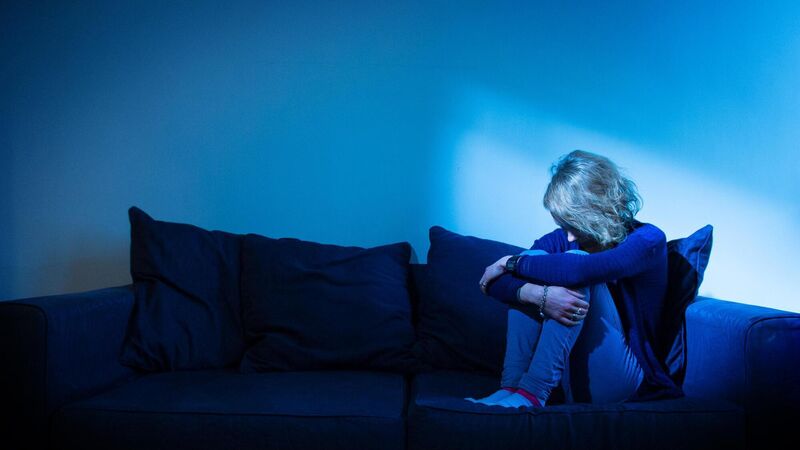Domestic violence victims waiting up to four months for courts to hear safety applications

'If women break out of the control of the person that is trying to dominate their lives, we need to make sure that help is there for them,' said Sinn Féin’s justice spokesman Martin Kenny. File Picture
Domestic violence victims are having to wait up to four months for the courts to hear their safety applications as new figures reveal a postcode lottery for people seeking protection from violent partners.
It comes as Justice Minister Simon Harris has admitted that more judges are needed to ensure that people can have prompt access to justice.













